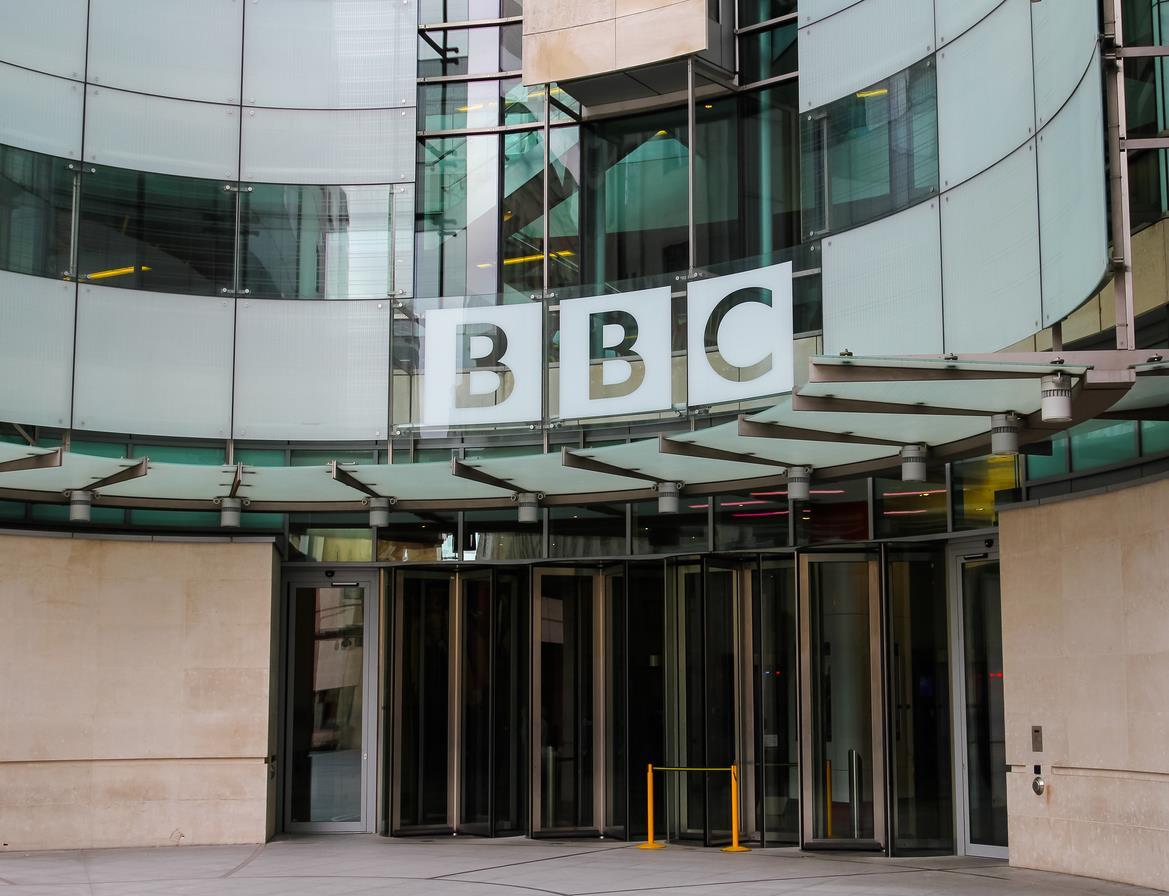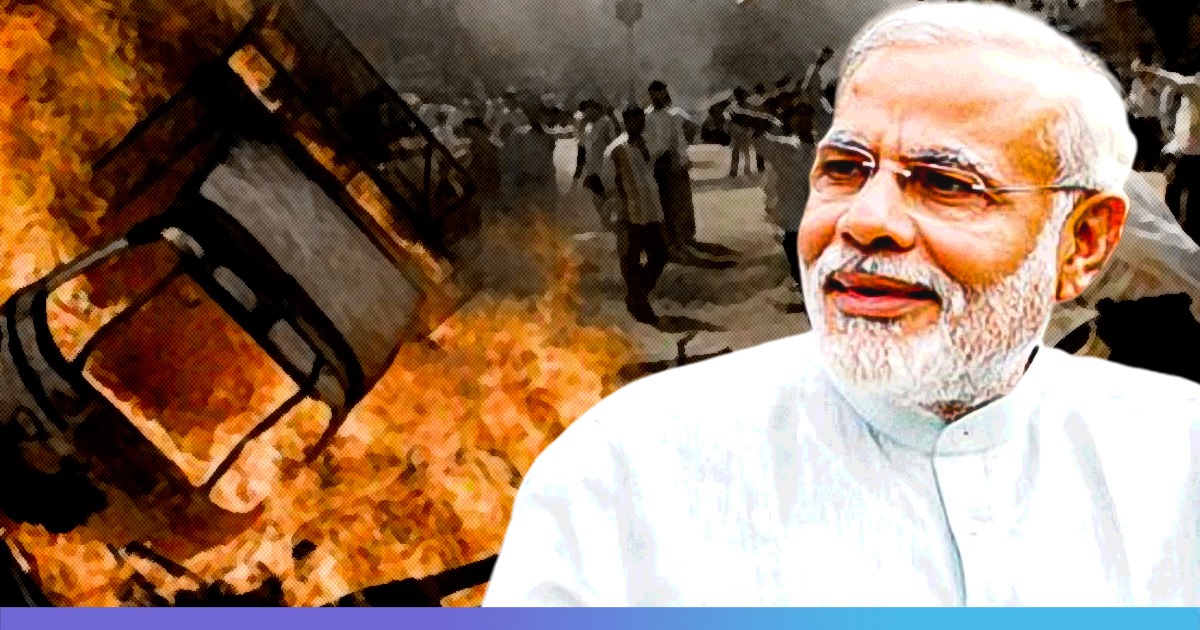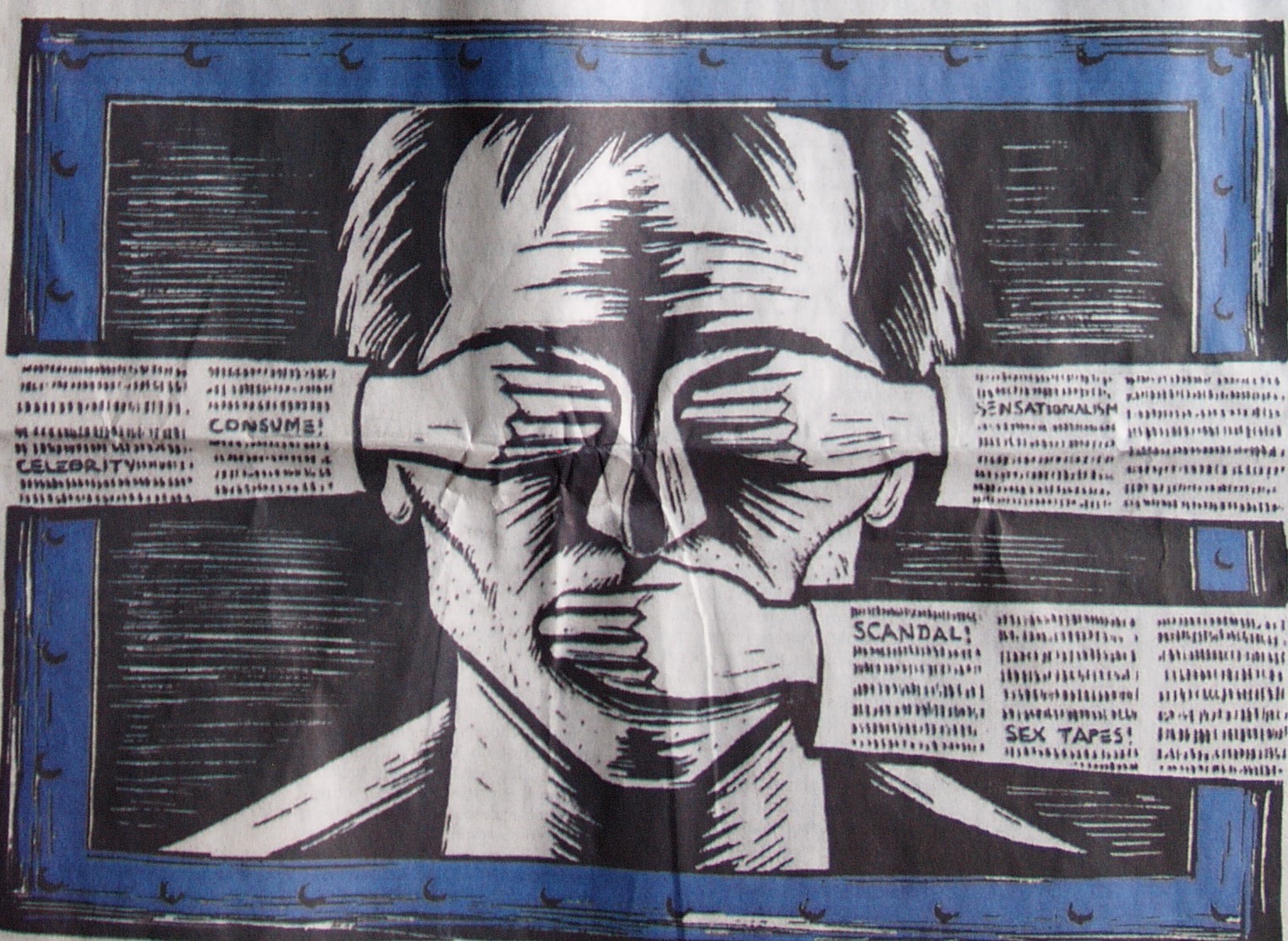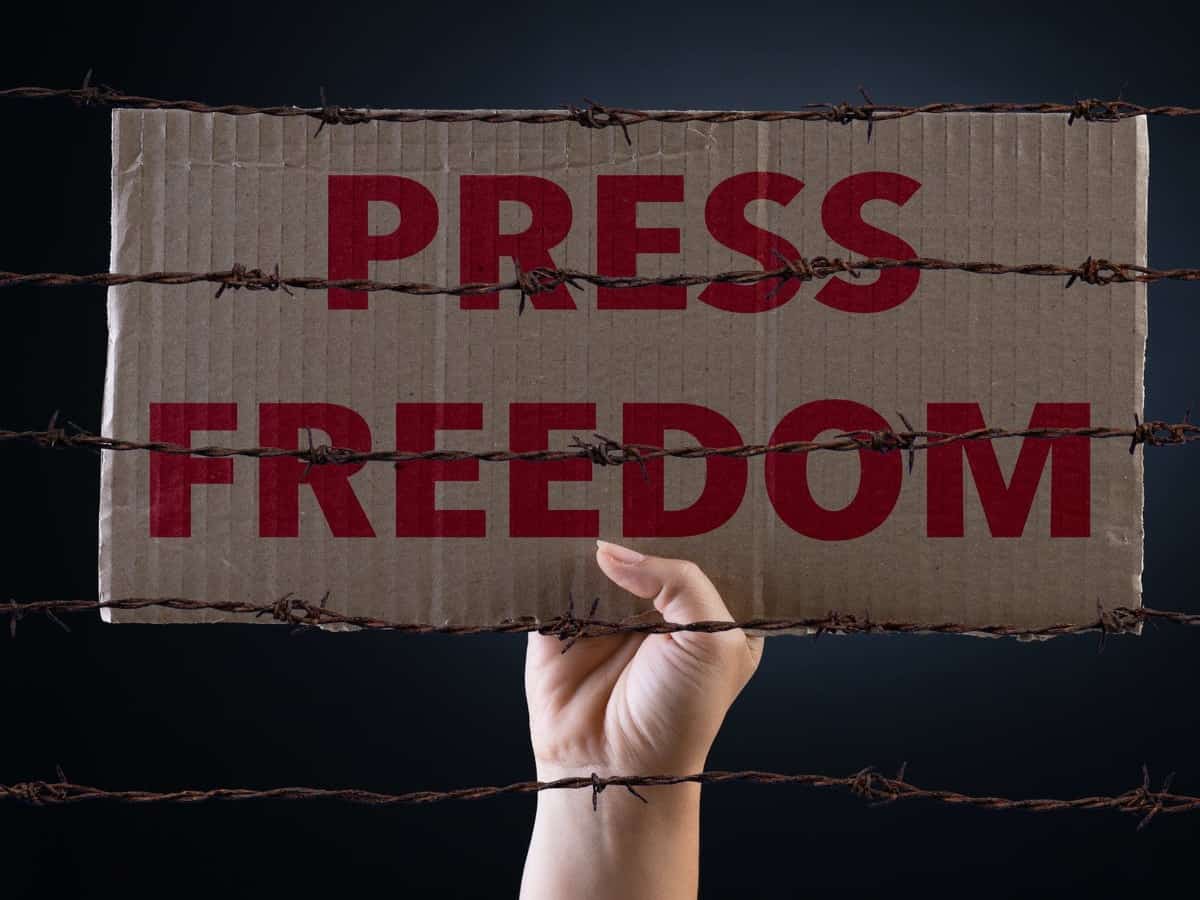Is BJP is scared of criticism? Forced censorship by conducting tax raids on BBC
Income Tax officials raid BBC offices weeks after broadcasting of documentary which allegedly defames Modi and BJP

BJP and BBC
Justice on Trial, a non-profit organization, in the state of Gujarat, recently brought a defamation lawsuit against the British Broadcasting Corporation (BBC) in the Delhi High Court, alleging the publication of the BBC’s two-part documentary known as “India: The Modi Question” harmed the image and public perception of the country the country of India, its judicial system, and the Prime Minister.

In order to compensate for the loss of image and goodwill brought on to the Honorable PM of India, the entire government, Gujarat state government as it was amid the course of the Gujarat Riots, in addition to the citizens of India, the complainant has requested damages of a total of 10,000 crore rupees favorable to the NGO in opposition to the defendants.
The prime minister’s involvement in anti-Muslim riots in Gujarat during 2002, while he was serving as the state’s chief minister, was the subject of the documentary. In its own right, the documentary looks at Mr. Modi’s management of the Gujarat riots, that broke out one day following when a train bringing Hindu pilgrims had been set ablaze, killing scores of people. In the ensuing bloodshed, almost 1,000 individuals, predominantly Muslims, died. According to the Foreign Office study, Mr. Modi was personally accountable for the atmosphere of lawlessness that encouraged the acts of violence.
In accordance with a statute that prohibits admission of international officials suspected of committing serious breaches of religious freedom, the US refused PM Modi’s visa application in 2005.
Modi has consistently refuted all allegations made against him and has not apologized or shown remorse for the riots. A Supreme Court tribunal additionally ruled in 2013 that there was not enough evidence to bring charges against him.

The Indian government was given the opportunity by the BBC to respond to the claims and allegations levied in the documentary, but it rejected this chance.
The BBC previously asserted that the documentary was thoroughly researched and that several witnesses, specialists, and perspectives were sought. They further claimed that they have additionally included a variety of viewpoints, which includes answers from members of the BJP.
Efforts by BJP to suppress press freedom
Indian government made various efforts to prevent people from sharing the above-mentioned documentary online, despite the fact that it was only shown on televisions in the UK. They accomplished this by labelling the documentary as a malicious propaganda and anti-India trash with a colonial mindset. When some youngsters assembled for the screening of the documentary last month in Delhi, authorities detained several of them.
In response to a criminal charge brought by BJP leader Binay Kumar Singh, a trial court in Delhi had earlier on May 3 called upon the BBC, Wikimedia, and Internet Archive and ordered them not to release the documentary or any other materials that might be considered derogatory of the BJP’s ideological mentor RSS as well as the Vishva Hindu Parishad (VHP). Although Internet Archive represents a digital library with a US presence, Wikipedia is funded by the Wikimedia Foundation. The complaint from the BJP representative said that the BBC documentary had disparaged groups including the BJP, RSS, and VHP.
The documentary was officially forbidden by the government, but links for watching it can still be found on Internet Archive and on an article on Wikipedia devoted to the series, according to information provided to the court.
On January 21, the central government instructed blockage of many YouTube videos and tweets containing links to the polarizing documentary employing the emergency powers granted by the IT Rules, 2021. India has referred to the two-part BBC documentary as a manipulation method which was meant to advance a false narrative.

In February, the Supreme Court rejected an application for an outright prohibition on BBC in the country due to a documentary, stating that the proposal was completely misguided. The petitioner claimed that the BBC had purposefully damaged India’s reputation and demanded that the National Investigation Agency (NIA) look into the ulterior motive behind the broadcast.
A plea by Hindu Sena leader Vishnu Gupta asking the Supreme Court to prohibit Britain’s national broadcaster from functioning in India was denied by posing the question- What impact can a documentary have on the whole nation? Further, the two judges who made the query sarcastically remarked- How can this be claimed, too, since it is completely erroneous? Do you want us to filter everything and enforce complete censorship?
Income Tax authorities allegedly found several anomalies, including the non-payment of tax on particular transfers which were not recorded as earnings in India, when they searched the BBC premises in Delhi and Mumbai in February. Additionally, the broadcaster was investigated as part of an inquiry for potential breaches of foreign exchange regulations in April.

The search on Tuesday, according to KC Venugopal, general secretary of the opposing Congress party, stinks of desperation and demonstrates Modi’s and BJP’s fear of opposition and criticism. He said that they strongly denounce these bullying techniques. This autocratic and anti-democratic behavior must stop.
In March, further, the Gujarat Assembly approved a resolution urging the government to punish BBC severely for harming PM Modi’s reputation and goodwill.
However, Gaurav Bhatia, who is a spokesman from BJP, took this opportunity to describe BBC as the most corrupt institution globally. According to him, India is a nation that offers opportunities to all organizations to the extent that they don’t vomit venom. He further pointed out that the timing of the searches had no connection with the Centre and that they were legitimate.
A non-profit organization that supports the independence of the press, the Editors Guild of India, expressed its great worry over the searches. These searches, in their opinion, are an extension of a pattern of intimidation and harassment of media outlets that oppose government initiatives or the established order by using official channels. They said that in 2021, four other media sites were raided by tax officials after publishing critical articles about the current government.
Amnesty International was compelled to cease its work in India in 2020 after asserting that the ruling party was conducting a witch hunt targeting human rights NGOs. Their board condemned the government for attempting to intimidate and troll the BBC for its scathing coverage of the BJP. It claimed that the Income Tax Department’s expansive powers are frequently used as a tool to crush opposition.
“Reporters Without Borders,” a non-profit organization, maintains that since PM Modi took office, press freedom in India has declined. India is ranked 150th out of 180 nations in the organization’s World Press Freedom Index, down 10 places from 2014.

A little over three months after Income Tax officials searched the BBC’s offices, British High Commissioner-Alex Ellis, played down the incident and highlighted that good friends at times disagree. He stressed that he would never divulge specifics regarding his conversations with the Indian government during his speech at the Ananta Centre.
Ellis further said-
The British Broadcasting Corporation (BBC) is a globally respected institution and broadcaster whose news material I consume every day. Secondly, all organizations have to obey the law of India. BBC is talking to Indian authorities about that.
adding, “It is okay to disagree sometimes.”




